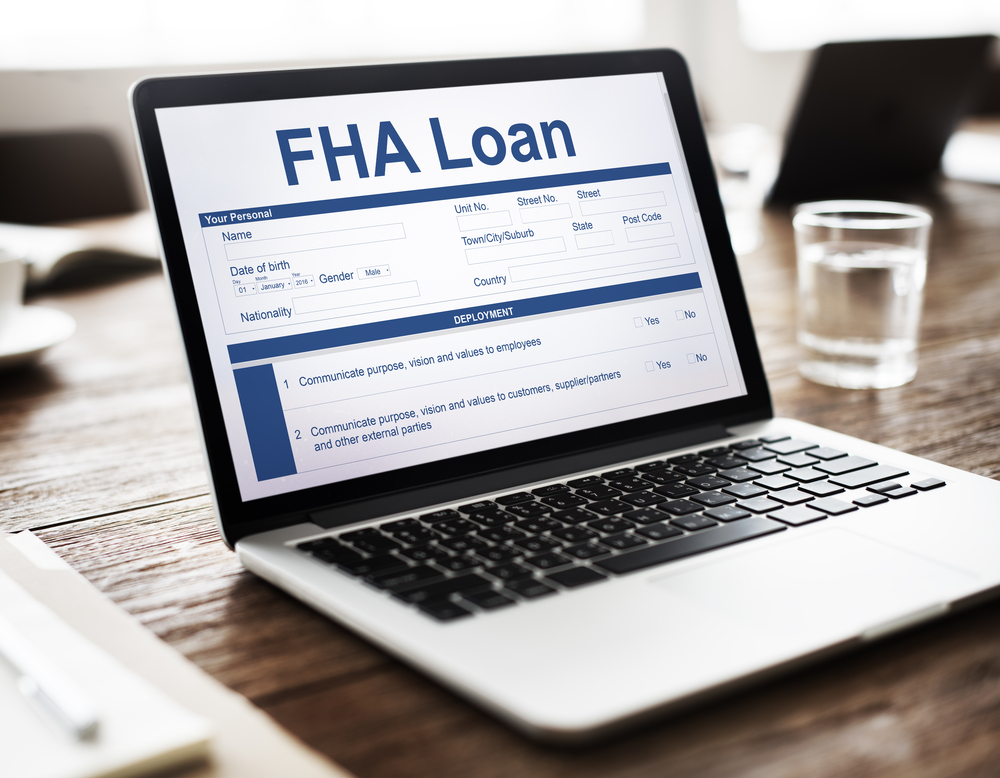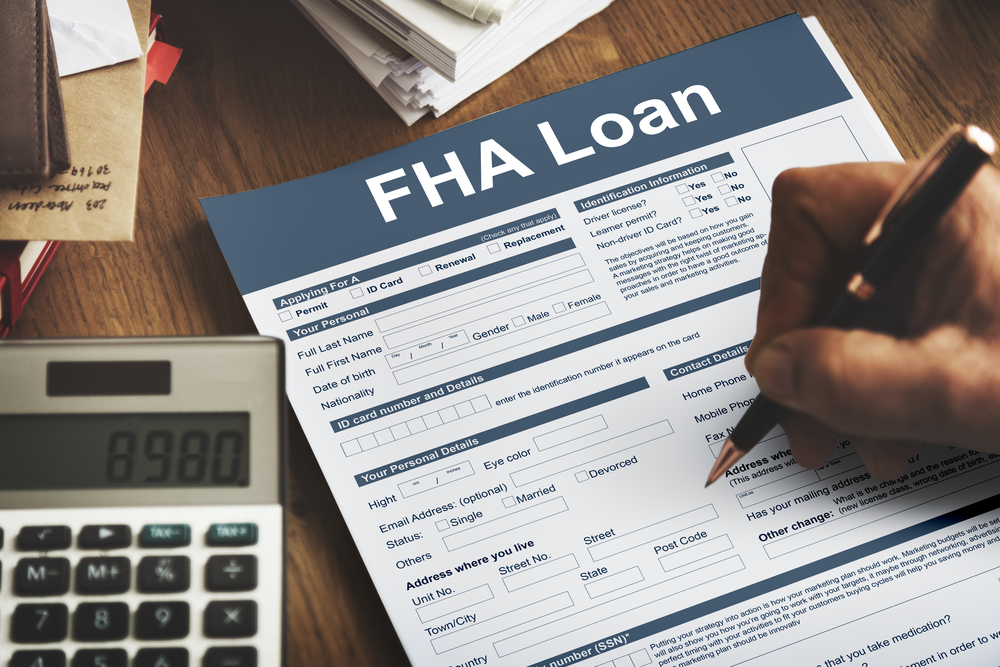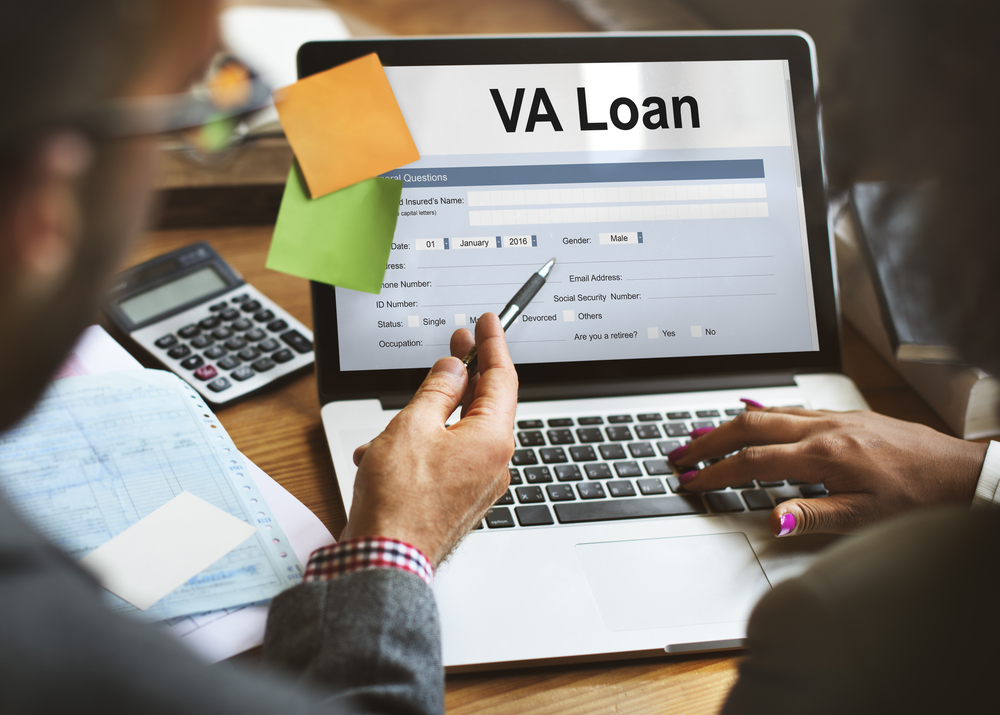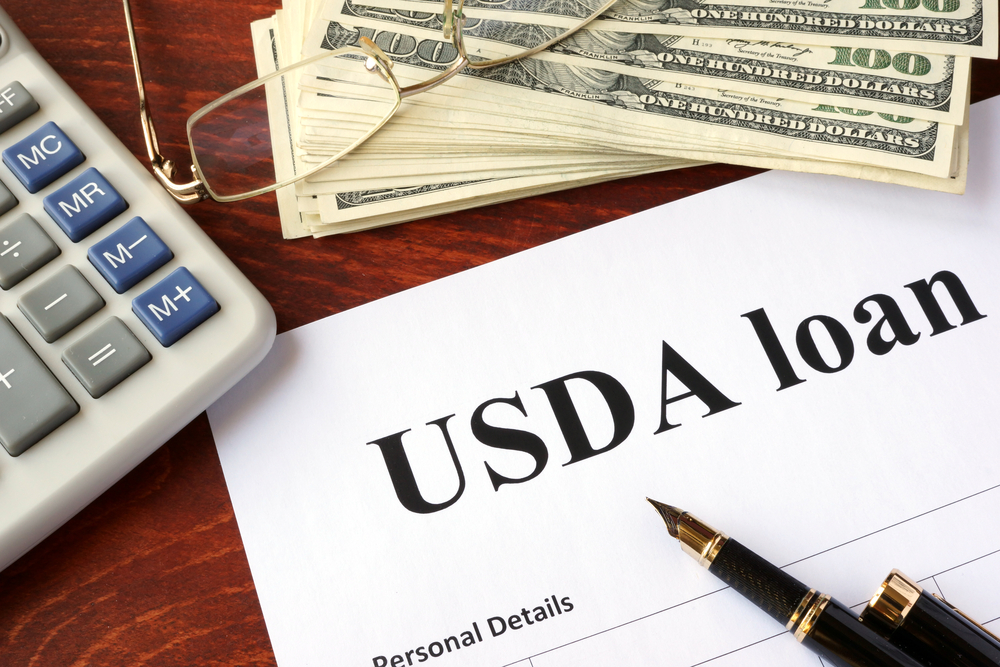
According to Bankrate, “An FHA loan is a government-backed mortgage insured by the Federal Housing Administration, or FHA for short.” These flexible loans allow you to have a better chance at qualifying for a home loan. From low-credit scores to a minimal down payment, an FHA loan gives you the opportunity to become a homeowner. How so? Follow along in our blog as we discuss the highlights and drawbacks of FHA loans.
The Highlights
When you are in the market to buy a home, it can be difficult to find a home loan if you have poor credit or a small down payment. However, with an FHA loan, you can qualify and even get a decent interest rate too.
- Credit Score: Bankrate states that a FICO score of 500 to 579 is needed with 10 percent down. For scores 580 or higher, a payment of 3.5 percent down is required. If you’re someone with a credit score in this range, you can be approved. Even borrowers with a history of bankruptcy or foreclosure get approved.
- Down Payment: Don’t have a lot of cash for a down payment? Then an FHA loan might be right for you. You can put little down and still have funds leftover for other financial investments.
- Renovations: If your property needs renovations, FHA 203(k) loans allow you to fund home improvement projects and purchase a house at the same time. This loan is simple to qualify for and is relatively affordable.
The Drawbacks

Although FHA loans are attractive to many first-time buyers, they aren’t for everyone. It’s important to take a closer look at what this loan entails.
- Mortgage Insurance: With an FHA loan, you will be required to pay an upfront premium and a monthly premium. The upfront premium costs can be included in the FHA closing costs OR rolled into the loan amount. For monthly premiums, this fee will vary.
- Limited Loan Choices: There are two basic choices when it comes to FHA loans: 15-year or 30-year fixed rate loans. This may be fine for one borrower, but may discourage another borrower if they are looking for something adjustable/interest-only.
The Verdict
At American Mortgage Resource, Inc., let us discuss your loan needs together. From FHA loans to conventional loans, we want to find the perfect loan for you. Contact our team of professionals at (617) 972-8588 for more information about our affordable loan programs. We look forward to speaking with you soon!





